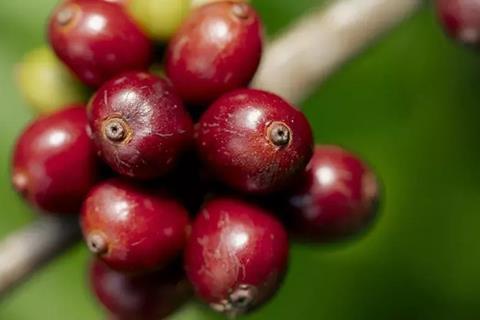
Nescafé has revealed it sourced 32% of its coffee globally from farmers using regenerative agriculture practices last year.
The milestone means the Nestlé-owned brand has surpassed its 2025 goal to source one-fifth (20%) of its coffee from regenerative farming. It reflected the “strong traction” regenerative agriculture was gaining within coffee farming, according to the brand.
In 2024, Nescafé trained more than 200,000 coffee farmers in 16 countries in regenerative agriculture. Experts from the brand assisted farmers with topics such as soil erosion and runoff, organic matter management and optimised fertilisation.
Wider adoption of regenerative practices was helping to reduce greenhouse gas emissions (GHG) from coffee production, said Nescafé.
On average, participants in Nescafé’s regen ag plan achieved a reduction of between 20% to 40% of GHG emissions per kilogram of green coffee supplied in 2024.
The challenges posed by climate change have been acutely felt in the coffee sector over the past year. Adverse weather in key production regions have led to record-high global prices for both arabica and robusta coffee, as well as a fall in production volumes.
The impact of climate change underscored “the urgent need for more resilient coffee supply chains”, said Nescafé.
“Regenerative agriculture is at the heart of the Nescafé plan and our efforts to build resilience in our coffee supply chain,” said Axel Touzet, head of Nestlé’s coffee brands business unit. “Farmers are becoming increasingly aware of the benefits of these practices, as shown by the increased adoption rates.
“This encourages us to continue the work we do with our partners, suppliers and farmers in the regions where we source our coffee.”









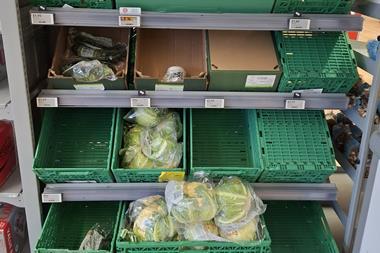

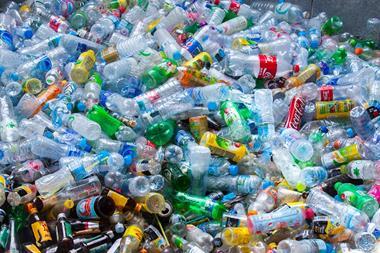
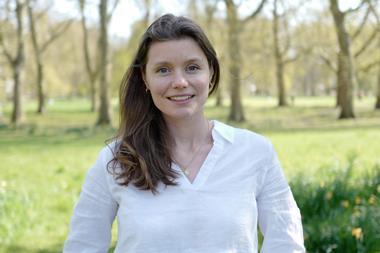
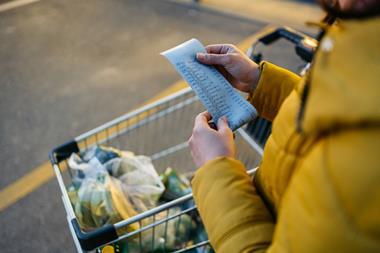





No comments yet